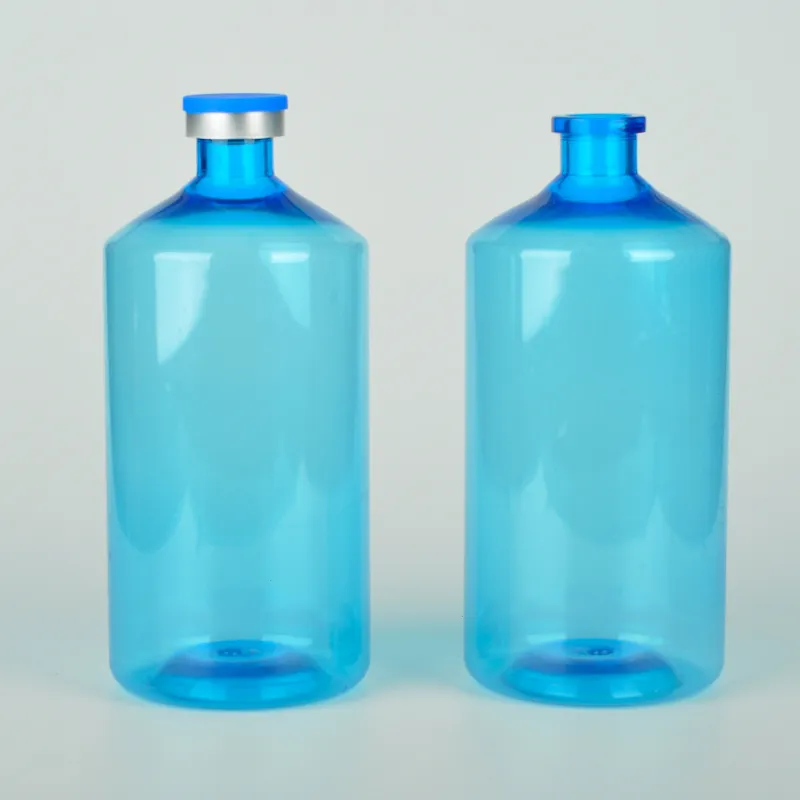Choosing the Right Stopper for Your Laboratory Reagent Bottles
The Importance of Reagent Bottle Stoppers in Laboratory Safety and Efficiency
In the world of chemistry and laboratory work, precision and safety are paramount. Among the various tools and equipment used in laboratories, reagent bottles and their stoppers play a crucial role that often goes unnoticed. Reagent bottle stoppers serve multiple functions, contributing to both the safety of laboratory personnel and the integrity of chemical substances.
Understanding Reagent Bottles and Their Stoppers
Reagent bottles are used to store chemicals in different states, whether solids, liquids, or gases. They are typically made of glass or plastic and come in various sizes to accommodate different volumes of reagents. The stoppers that accompany these bottles are essential components designed to create a secure seal, preventing contamination and the escape of volatile substances.
Stoppers can be made from various materials, including rubber, cork, and more recently, specialized plastics. Each material has its advantages, depending on the type of chemicals being stored. For instance, rubber stoppers are often used for glass reagent bottles due to their elastic properties, which allow them to create a tight seal, while cork stoppers might be preferred for organic solvents due to their chemical resistance.
Key Functions of Reagent Bottle Stoppers
1. Preventing Contamination One of the primary roles of a reagent bottle stopper is to prevent contamination from external sources. When a bottle is open, dust, bacteria, and other contaminants can easily enter, compromising the integrity of the stored chemical. A properly fitted stopper minimizes this risk, ensuring that only the intended chemical is used during experiments.
2. Maintaining Chemical Integrity Many reagents are sensitive to air exposure, moisture, or light. For instance, certain acids can absorb water from humid air or degrade when exposed to light. Stoppers provide an airtight seal, protecting these chemicals from external elements that could alter their properties or render them unusable.
reagent bottle stopper

3. Safety Safety is a significant consideration in any laboratory setting. Stoppers help to contain hazardous vapors that may be emitted from volatile chemicals. This is particularly important in the case of toxic or corrosive substances, as it helps to keep laboratory personnel safe from harmful exposure. Additionally, stoppers can prevent accidental spills, reducing the risk of chemical accidents in the lab.
4. Ease of Use Many modern stoppers are designed for convenience, allowing for easy access to reagents without compromising on safety. Some stoppers come with built-in dispensers or valves that enable precise dispensing of liquids, helping to reduce waste and improve efficiency during experiments.
Best Practices for Using Reagent Bottle Stoppers
For optimal performance and safety, it’s important to follow best practices when using reagent bottle stoppers. First and foremost, ensure that the stopper fits the bottle properly; a loose stopper can compromise the seal and increase the risk of contamination. Additionally, clean the stopper and rim of the bottle before sealing to remove any residues that could lead to leaks or chemical interactions.
It’s also important to label reagent bottles clearly, indicating the contents, hazard warnings, and the date of first use. This practice, combined with securely sealing the stopper, enhances safety and organization in the laboratory.
Finally, regularly check the condition of stoppers, especially those made of rubber, as they can degrade over time. Replace any stoppers that show signs of damage or wear to maintain a secure seal.
Conclusion
In summary, reagent bottle stoppers are essential components in laboratory settings that contribute to safety, integrity, and efficiency. By providing a secure seal, they help prevent contamination, preserve the quality of chemicals, and protect laboratory personnel from hazards. Understanding the importance of these seemingly simple items can make a significant difference in the quality and safety of laboratory work. Researchers and technicians should always prioritize the proper use and maintenance of reagent bottle stoppers to ensure a safe and productive laboratory environment.
-
Aesthetic Makeup Spray Bottles | Fine Mist Empty RefillableNewsAug.19,2025
-
White Plastic Veterinary Vaccine Vials | Lab Liquid BottlesNewsAug.18,2025
-
Plastic Medicine Liquid Bottle: Secure Flip Top Drug VialsNewsAug.17,2025
-
Durable 250ml Blue Plastic Vaccine Vial for Lab & Vet UseNewsAug.16,2025
-
Sterile Virus Sample Tubes: Secure & Reliable Specimen CollectionNewsAug.15,2025
-
White 250ml Plastic Vaccine Vial for Lab & Vet MedicineNewsAug.14,2025
























